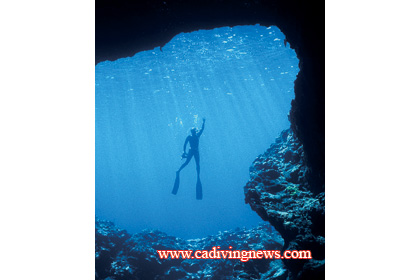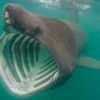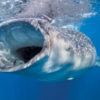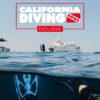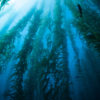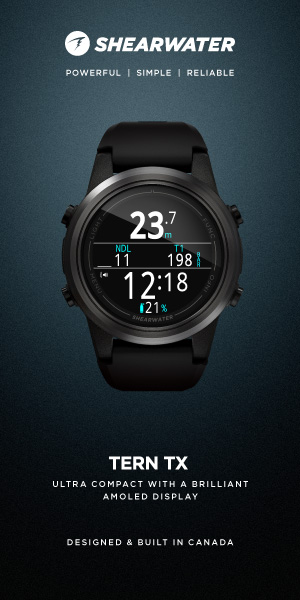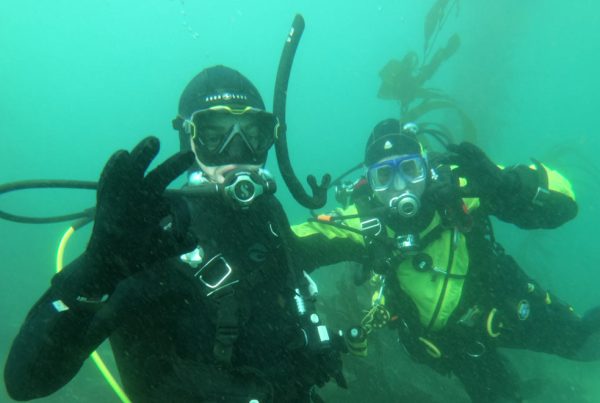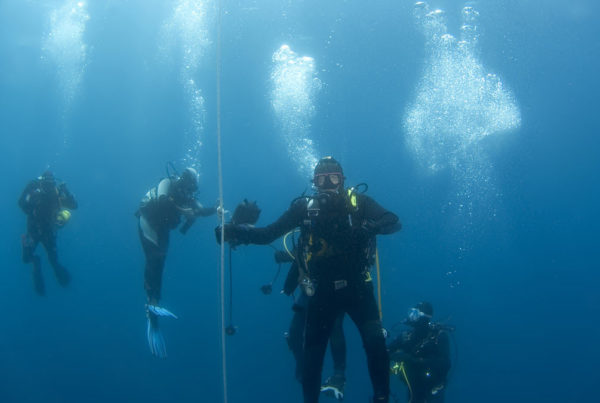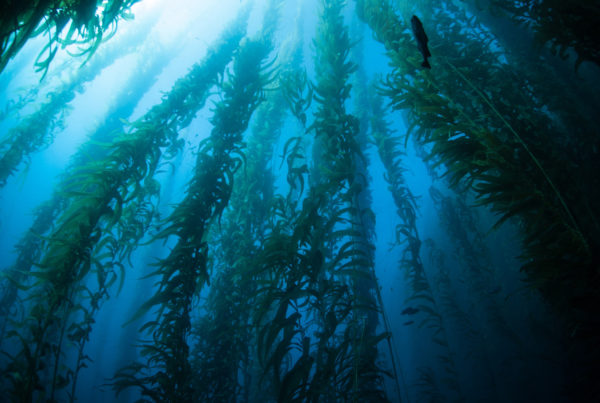Many divers would not even think about entering the water without a tank on their back. Yes, a tank extends the depth and range of a diver, but there are many times when a tank is not only unnecessary, but also inappropriate. Some game may not be legally taken with tanks, some critters may not allow you to photograph them while blowing bubbles, or you just may not want to haul the extra gear around. Freedivers, also known as breath hold divers, have less equipment, are less encumbered and restricted, and are capable of greater fluidity of motion. They don’t call it freediving for nothing. What follows are helpful hints to help you be a better and more relaxed freediver.
First, make sure you are properly weighted. With too much weight you will fight to stay on the surface, and fight to return to the surface after your dive. Like tank diving if you have too much weight you will not be able to relax. Too little weight and you will have to fight too hard to go down. Even experienced free divers sometimes debate how much weight is perfect. Very experienced divers like to glide to the bottom, and kick back to the surface. I prefer to weight myself to be neutral at about 10 feet. That way I’m a bit positive on the surface, and a good surface dive gets me easily beneath the surface. Most importantly, one strong kick gets me off the bottom and sends me effortlessly towards the surface.
As for gear, most freedivers prefer the longer style fin designed for freediving. We can debate at a later time which type of fin is the most efficient. However, you must kick more and faster with the shorter and split fin types, and you will be less relaxed; think Energizer Bunny. Longer fins require a wider, slower kick that enables a slow, relaxed, and longer dive. Select a low volume, well fitting mask, and a streamlined snorkel.
Perhaps the single most important free diving skill is the ability to relax. I suspect this is also true of diving in general and all sports. If you are relaxed you will be able to hold your breath much longer and you will find the entire experience much more enjoyable. Try taking slow relaxed breaths on the surface well before you think about diving. Practice to the point that when a wave fills your snorkel you can clear it without giving it much thought or concern.
Next, try getting accustomed to being underwater without breathing. In California simply pull yourself down a stipe of kelp, hold on, and see how long you can hold your breath. You need not go very deep at first, only a few feet. Feel the lack of anxiety that comes from not having to do anything (touch the bottom, take a picture, catch an abalone). With practice your bottom time will dramatically increase.
The next skill to practice is an efficient surface dive. You have all been taught this in your open water class. It is important to clear your ears before execution of your surface dive, and shortly thereafter. Don’t wait until you feel pressure on your eardrums. Trust me on this one it really works. Get a little forward motion, bend at the waste, get your legs high in the air, and allow the weight of your legs to drive you underwater. One seemingly obvious tip: don’t start kicking until your fins are underwater—fins work real well in water, not so well in air. With proper weighting and a well-executed surface dive, you should glide many feet below the surface. Then, kick slowly, but efficiently from the hip, not the knee. Once you are on the bottom try holding on to a kelp stipe and relaxing there for a little while. With a little practice you will find your ability to relax and your bottom time will rapidly increase. Always look up as you return to the surface.
If you have been following my thread you noticed that practice was encouraged early and often. Freediving skills get better with practice and time. Even if your execution of skills does not improve over time, your comfort level and ability to relax should improve dramatically with just a few hours of practice. Combine your practice with something you enjoy like catching abalone, or photographing skittish fish. See how much closer you can get to fish while freediving. You will be surprised. So be free, lose the tank.

